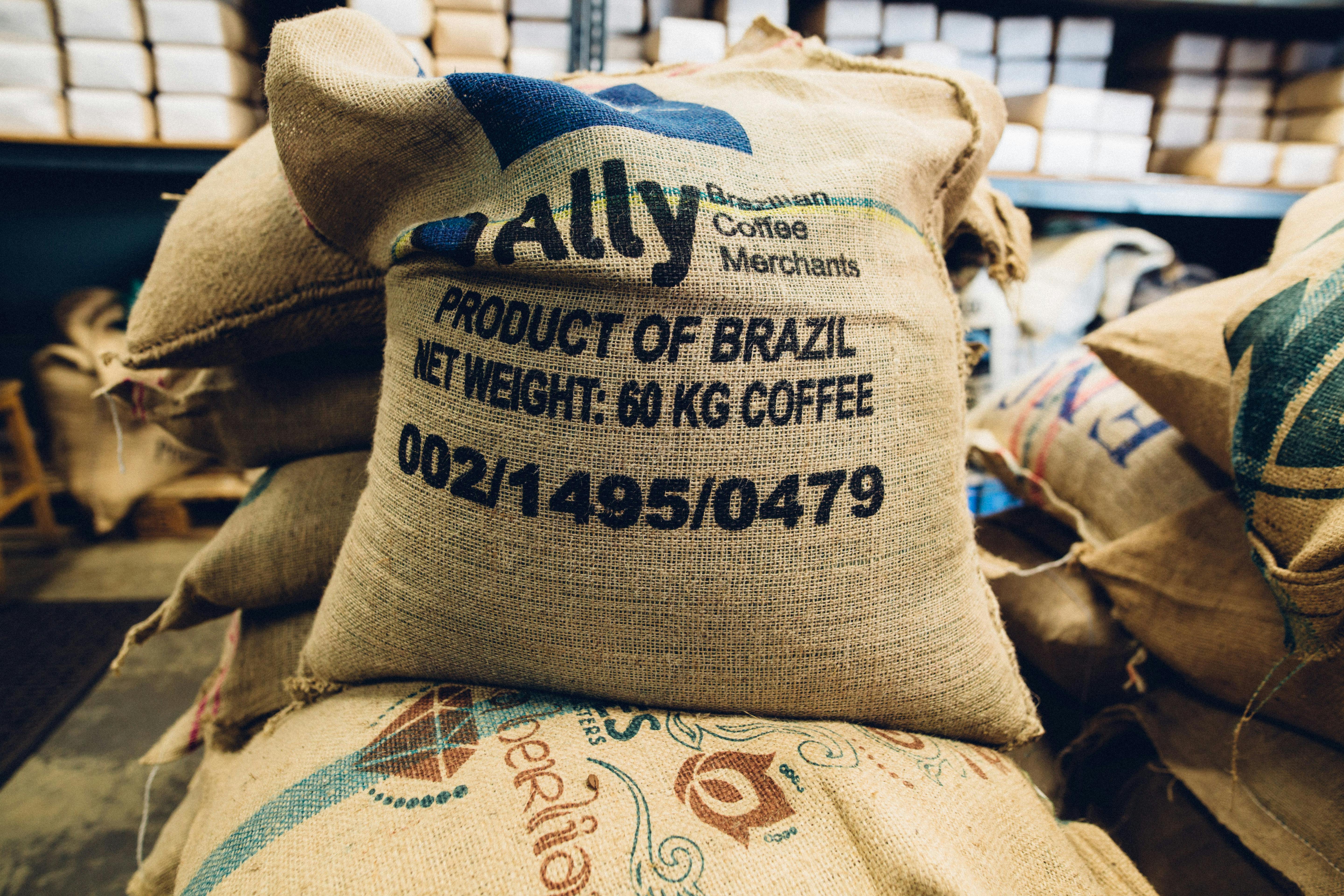
Introduction
In an era where global trade dynamics are increasingly influenced by political rhetoric and policy decisions, former U.S. President Donald Trump’s recent comments regarding Apple’s manufacturing operations in India have sparked significant debate. Trump’s public request for the tech giant to halt its production expansion in India not only raises questions about the political landscape but also touches upon vital subjects such as domestic manufacturing and international trade relations.
The Conversation that Ignited Controversy
During a recent meeting in Qatar with Apple CEO Tim Cook, Trump voiced his discontent with Apple’s expansion of iPhone production in India. “He is building all over India. I don’t want you building in India,” Trump reportedly declared. This statement comes at a time when Apple is rapidly increasing its manufacturing capability in the country as part of its strategy to reduce dependency on China.
Apple’s Strategic Shift
For Apple, diversifying its supply chain is crucial, especially as global tensions continue to rise. In the fiscal year 2024, Apple manufactured iPhones worth approximately $14 billion in India, with over $10 billion of that being exported globally. The Indian government has encouraged this expansion through its Production Linked Incentive (PLI) scheme, which offers substantial subsidies to companies willing to invest in large-scale manufacturing in India. This initiative represents a significant shift in global electronics manufacturing, positioning India as a key player in the industry.
A Complex Balancing Act
Trump’s remarks have reignited discussions about the sustainability of Apple’s “Make in India” ambitions. Experts warn that if Trump were to return to the presidency and enforce aggressive trade policies, it could lead to increased tariffs on products coming from India. For instance, a proposed 16.5% U.S. tariff on electronics imported from India would drastically impact Apple’s operational costs, undermining its competitive advantage in the Indian market.
Trade Dynamics and Economic Strategies
The implications of these comments extend beyond Apple. For many companies, the trade environment is becoming more uncertain. A senior analyst from a U.S.-India trade group noted, “India has offered tariff reductions on American goods as part of ongoing trade discussions. But Trump’s opposition and the threat of new tariffs could shift the equation quickly.” This highlights the delicate balance companies must strike between expanding in favorable markets and the looming possibility of retaliatory trade measures.
The Role of India in Global Manufacturing
India is not just an alternative manufacturing location; it is rapidly becoming a critical hub for electronics. Over the past four years, Apple is estimated to have created over 175,000 direct jobs in India and has partnered with several major suppliers like Foxconn, Pegatron, and Wistron. These developments underscore India’s emerging role as a manufacturing powerhouse.
Geopolitical Pressures
However, the geopolitical landscape complicates matters for Apple. With Trump’s potential return to the White House in 2024, the company may have to tread carefully. Countries like Vietnam and other Southeast Asian nations are becoming attractive alternatives, offering not only political stability but also favorable trade terms with the U.S. The growing competition for manufacturing investments could lead to shifts in global supply chains as companies look for more stable environments.
What Lies Ahead for Apple
Although Cook has not yet commented publicly on Trump’s statements, the implications for Apple’s strategy and its future in India will be closely monitored. Stakeholders, including investors and policymakers in both Washington and New Delhi, will be watching how Apple navigates these challenges.
Conclusion
In summary, the intersection of technology, trade, and politics presents a complex landscape for global companies like Apple. Trump’s recent remarks underscore the reality that decisions related to global supply chains are influenced as much by geopolitical considerations as by business factors. As companies analyze their manufacturing strategies amidst fluctuating trade policies, it becomes evident that the future of global tech supply chains may no longer rest solely on economic decisions but also on the shifting tides of international relations.
